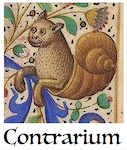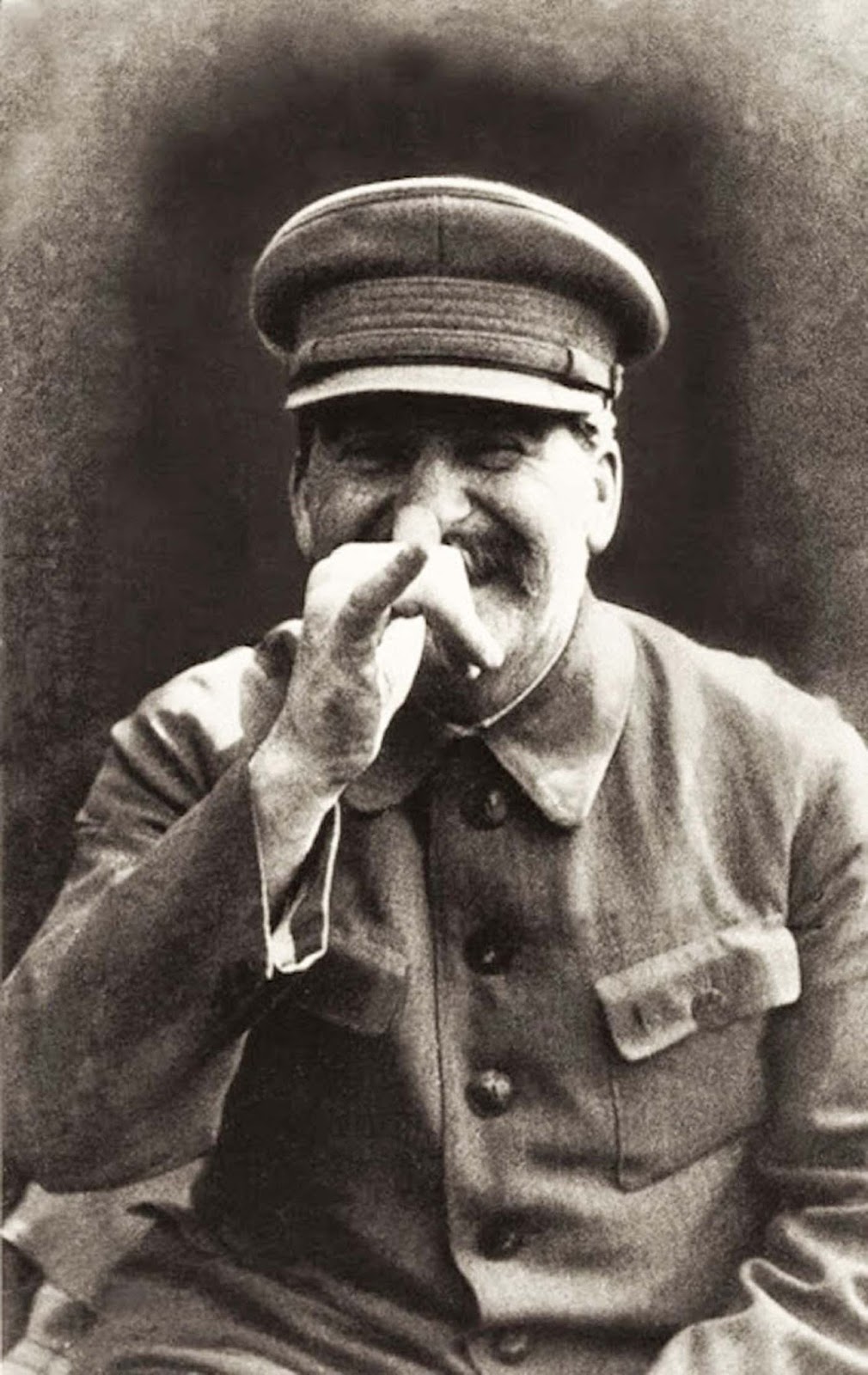Future of the past
In George Orwell’s classic novel “1984”, the records of past history are constantly being modified by workers at the Ministry of Truth. As a Party member observes: “He who controls the past, controls the present. He who controls the present, controls the future.”
Orwell had been, of course, inspired by Soviet communism, where Stalin would “disappear” you from a photograph after he had made you disappear from real life.
Today’s rewriting of the past is even more insidious and dangerous than in Soviet times. Two recent stories published in the obnoxious British newspaper The Guardian show us why.
One of them is about a statue of American Confederate General Robert E. Lee being destroyed and melted, to be later transformed into some kind of unspecified type of modern art. The article is celebratory. “It felt like an execution,” says one of the organizers about the destruction of the statue, barely containing a smile. (I thought progressives were against public executions?)
The other article is about a “shocking” poll saying that “Half of Britons can’t name a single Black British historical figure“. Well, that’s hardly surprising, considering that Blacks have a very recent presence in the United Kingdom, having come in large numbers only after the 1960s as part of the “decolonization” movement (or a new colonization movement, now turned from the old colonies towards Europe). Sure, maybe there were other Blacks before, but very few and far between. I’ve read a bit of British History, and the only one I could think of was Idris Elba, and I wouldn’t call him a “historical figure”.
To the modern, progressive mind, simply rewriting the past is not enough. The past was “racist”, so it must be completely eradicated, then turned into something “non-racist”, lest someone looks back at it and gets the wrong idea. To that end, statues must be destroyed, books censored, films recast with more dark-skinned actors, etc. They are not content with merely rewriting history, but they must also destroy artifacts, change words in books and remake films that shows us any kind different view.
It’s, to me, a strange way of thinking. Obviously, lots of bad things happened during History, things that I’d rather wish had happened in a different way. But the idea of eliminating their existence from the records never crossed my mind. First of all, because historical writings, statues and other objects have a historical, artistic or archeological value in itself. And, second, because, well, what is the point? People who are interested in History want to learn about how the past really was, not about some nonsense propaganda version of it.
Of course, it’s all about brainwashing — if you don’t know anything about the past, or know only a false, adulterated version of the past, you can’t complain about the present and certainly can’t try to change the future.

